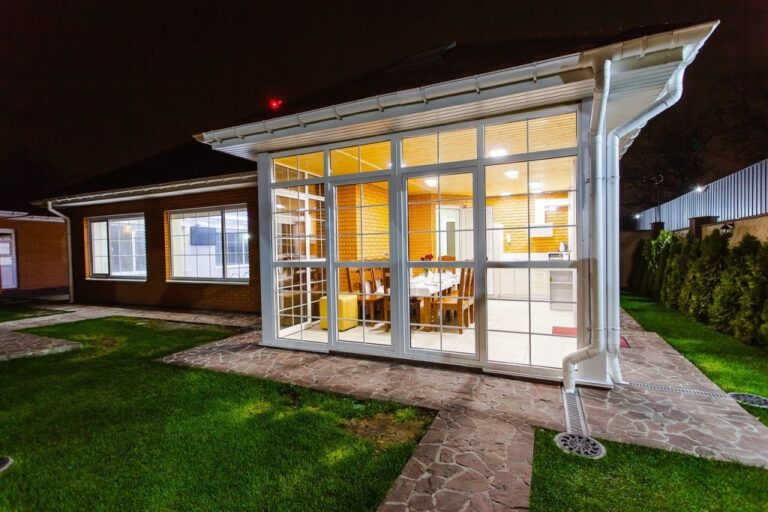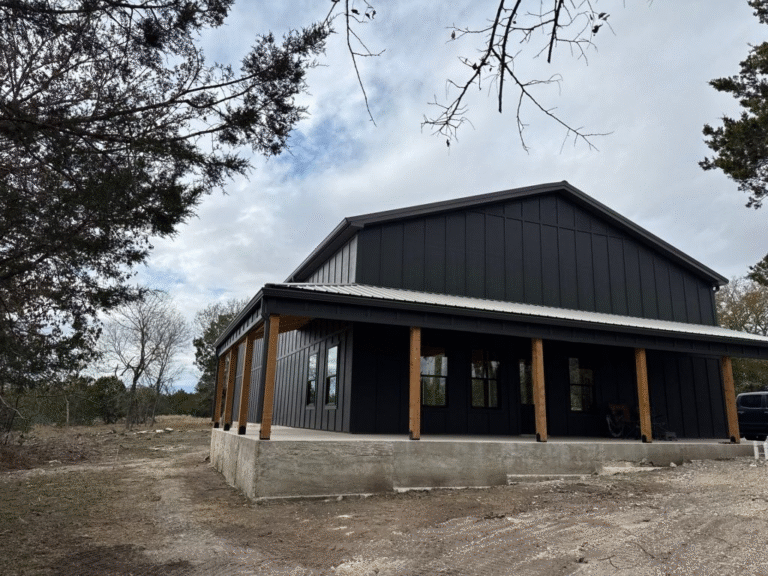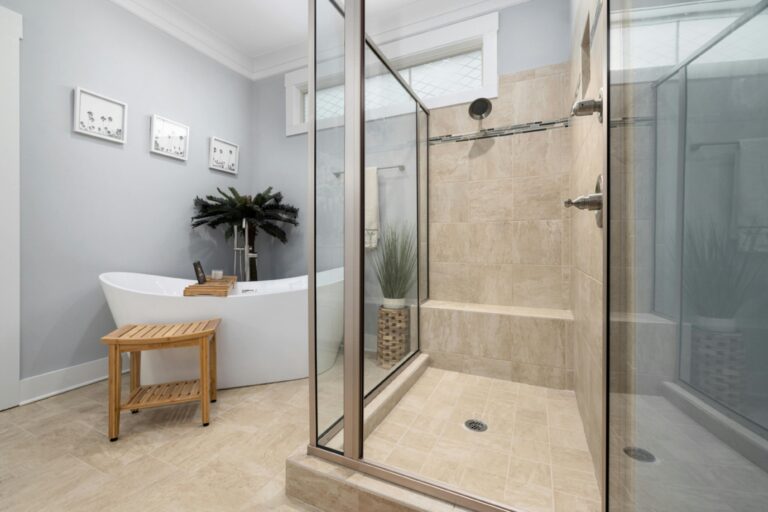Living Comfortably: Modern Rental Trends and What Renters Value Most

The rental market is characterized by comfort, convenience, and lifestyle amenities, with modern renters prioritizing flexibility, efficient layouts, and features that enhance daily living. Understanding these trends helps both renters find homes that meet their needs and landlords design properties that attract long-term, satisfied tenants.
How the Rental Landscape Is Changing
Renters’ expectations are evolving due to social, economic, and technological changes. Many are delaying or skipping homeownership because of high interest rates, an unpredictable economy, and mobile lifestyles. As a result, rentals are now an essential foundation for many seeking quality homes that meet their needs. Expert local guidance is critical, such as working with Gainesville FL real estate experts Anson Properties, who offer insights into the latest market shifts and rental options.
The digital revolution and workforce agility drive transformation. People want homes fitting their lifestyles, researching amenities, remote work support, social needs, and environmental features. Landlords must stay flexible, listening to feedback and current trends.
Technology and Amenities: The New Essentials
With the integration of technology into every aspect of life, renters have begun to expect more seamless and responsive interactions from property managers. High-speed internet, smart thermostats, video security systems, and convenient app-based communication for maintenance requests are increasingly standard. Even features like keyless entry and package lockers add tangible value, shaping a rental’s overall appeal. Amenities such as in-unit washers and dryers, fitness centers, and coworking spaces often tip the scale for those deciding between similar properties.
Increased Demand for Flexibility and Short-Term Options
The rise of the gig economy and remote work has upended the traditional 12-month lease model. Many renters, especially those who travel for work or enjoy the freedom of digital nomadism, seek short-term, month-to-month, or even furnished options that require little commitment. Research from reliable outlets highlights significant upticks in inquiries for flexible leases, which allow renters to pivot as their careers or life situations evolve. Property managers offering tiered lease terms, subletting options, or transfer policies may see greater occupancy and satisfaction rates.
Affordability and Location: Still Key Players
While technology and flexibility influence renter preferences, affordability remains central. In many metros, rent growth lags behind wages, prompting renters to consider roommates, new neighborhoods, or smaller units. Proximity to transit, stores, parks, and downtowns also drives value. Savvy renters compare rent, utility costs, commute times, and amenities to assess true living costs.
The Value of Community and Social Spaces
Renting isn’t just about privacy; today’s renters value community features like social lounges, rooftop gardens, pet areas, and resident events, especially among young professionals and remote workers seeking social and coworking spaces. These amenities influence satisfaction, retention, and well-being, and surveys show they’re key in renters’ decisions.

Sustainability Is Becoming Non-Negotiable
Eco-friendly living is no longer a fringe concern for renters. Many actively seek properties that are energy efficient, offer recycling and composting facilities, use green cleaning products, and integrate smart energy management technologies. Buildings with sustainable developments, solar panels, electric vehicle charging stations, or water-saving systems command higher rents and experience lower vacancy rates. As climate consciousness grows, property owners who adopt sustainable measures set themselves apart and protect their investment for the future.
Future Rental Trends to Watch
Looking ahead, expect digital-first living to become the norm, with virtual leasing tours and advanced tenant portals making transactions more seamless than ever. Smart home integrations and AI-driven property management are set to streamline troubleshooting or maintenance issues at rental units. At the same time, hybrid live-work spaces and adaptable layouts will cater to a more mobile, entrepreneurial class of renter. Rental markets that quickly embrace these innovations and sustainability will draw the most interest moving forward.






